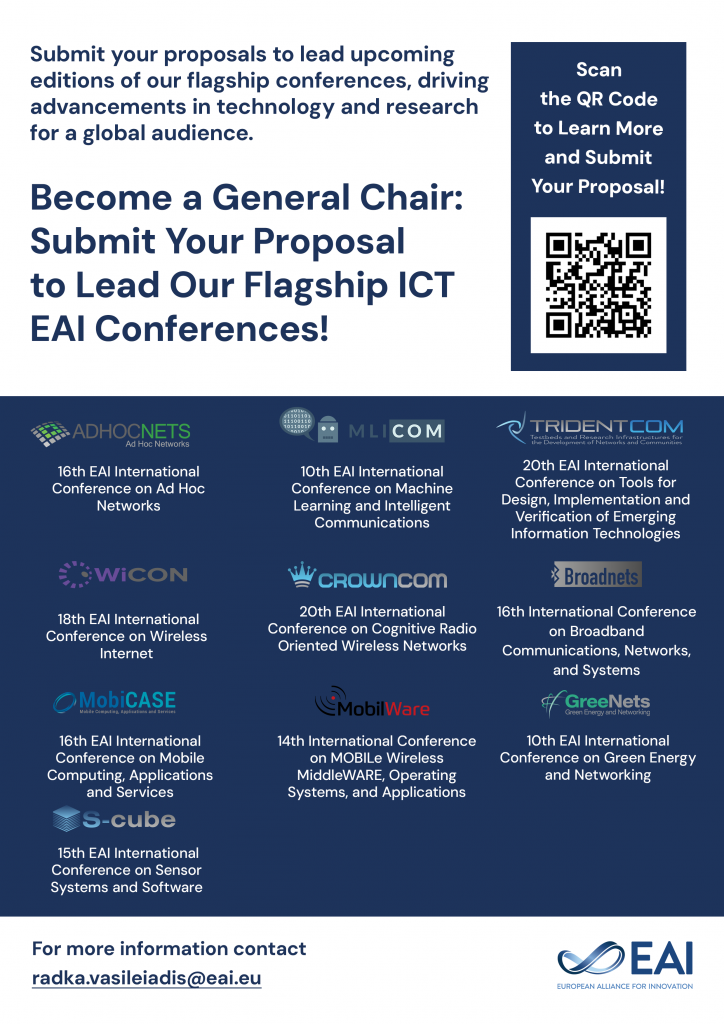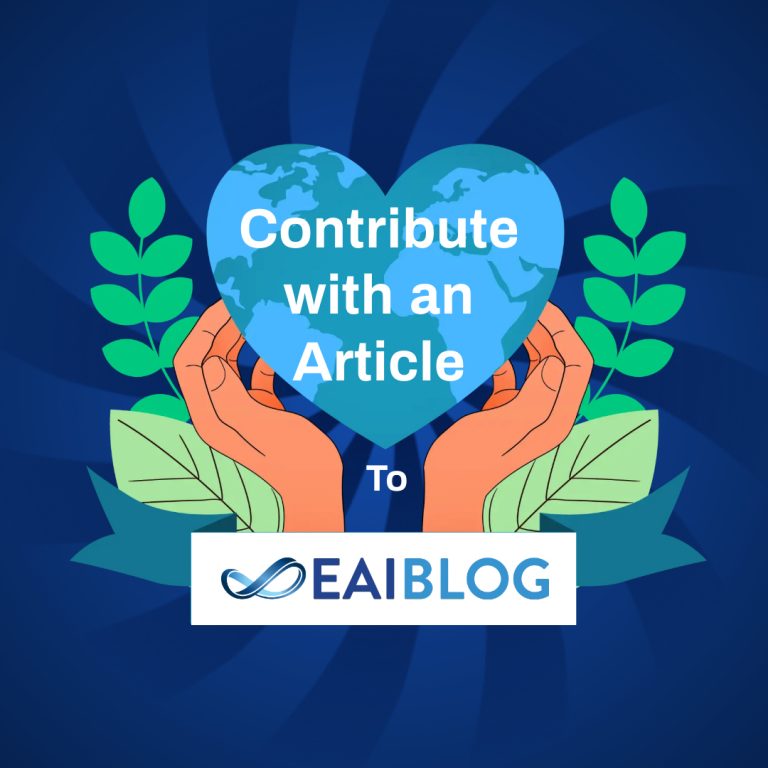Academic conferences are often seen as exclusive spaces for researchers presenting their work. But the reality is, you do not need to be an author to benefit. Whether you are a student, early-career researcher, or industry professional, simply attending can open doors to learning, networking, and future opportunities.
Knowing how to approach a conference as a participant — even without a paper — can help you gain meaningful insights, make valuable connections, and take the next step in your academic or professional path.
Who Should Attend an Academic Conference Without Presenting?
Academic conferences are open to more than just authors. Attending as a non-presenting participant can be especially valuable for:
- Graduate and PhD students exploring research topics or considering future submissions
- Early-career researchers looking to understand publishing standards and research trends
- Academics shifting into new areas of study or multidisciplinary collaboration
- Industry professionals staying connected to innovation and emerging technologies
- Representatives from research institutions, funding agencies, or journals scouting talent or forming collaborations
If you fall into any of these categories, attending a conference could offer far more than just passive listening.
Benefits of Attending an Academic Conference Without Presenting
Read more:
Attending without presenting may seem like a passive experience — but it is far from it. Here are some of the most important advantages:
1. Build Academic and Professional Networks
Conferences are among the best places to connect with like-minded researchers, mentors, collaborators, and potential employers. Even a casual conversation during a coffee break can turn into a research partnership, internship opportunity, or future co-authorship.
💡 Tip: Introduce yourself to speakers whose work you admire — many welcome follow-up conversations.
2. Learn from Leading Experts
You get a front-row seat to current research trends, methods, and discoveries across disciplines. This is especially valuable if you are exploring ideas for a thesis, dissertation, or grant proposal.
3. Understand What Makes a Great Presentation or Paper
By attending different sessions, you learn what successful researchers do well — and what to avoid. You will see how top papers are structured, how arguments are made, and how audiences respond.
4. Meet Industry and Institutional Representatives
Many academic conferences are attended by industry leaders, government agencies, and research institutions. They are often scouting for talent, partnerships, or project collaborators. For non-authors, this can be a unique chance to stand out and make connections outside academia.
5. Discover Future Publishing and Research Opportunities
You can find calls for papers, open special issues, or upcoming workshops you may not have seen online. This is also a great way to evaluate whether the conference is the right fit for a future submission.
6. Engage and Contribute in Other Ways
Even without a formal role, you can still make your presence felt by:
🎤 Participate in Q&A sessions: Thoughtful questions can spark valuable dialogue and leave a lasting impression on speakers and attendees.
🧠 Attend roundtables or social events: These informal settings are ideal for sharing perspectives and hearing what others in the field are thinking — sometimes even more candidly than during sessions.
💡 Contribute ideas in interactive workshops: Many conferences include hands-on sessions where input is welcomed, regardless of your career stage.
💡Tip: Many events — including those organized by the European Alliance for Innovation (EAI) — actively welcome participants who want to listen, learn, and connect. Explore EAI’s upcoming conferences to find one that fits your interests, even if you are not presenting this time.

How to Choose the Right Journal for Your Research
How to Make the Most of It
To gain the full benefits of attending an academic conference as a non-presenter, be proactive:
🗓️ Plan ahead: Review the program and identify the most relevant sessions or speakers.
🙋 Introduce yourself: Prepare a brief explanation of who you are and what you are working on.
📝 Take notes: Document ideas, contacts, and insights for future use.
📬 Follow up: Reach out to people you met or learned from — even a quick email goes a long way.
Is It Worth the Investment?
Yes — especially when you choose the right conference.
At EAI conferences, we make it easier for participants at all stages to attend — even without presenting. Here is how:
- Student discounts are available to support early-career researchers and graduate students.
- Lower early registration fees help reduce costs if you plan ahead.
- Virtual and hybrid attendance options allow you to join sessions, network, and engage with the community — without the need for travel or accommodation.
These options are designed to make conference participation more inclusive and accessible, whether you are just getting started or simply want to stay connected to the latest research and opportunities.
If your institution supports conference attendance, do not hesitate to apply for funding — even if you are not presenting.
Submit your proposal today and start building your next academic book with EAI and Springer.
Your Conference Journey Starts Here
If you are ready to connect, learn, and grow — explore upcoming EAI conferences and join a global community that welcomes participants at every stage.




